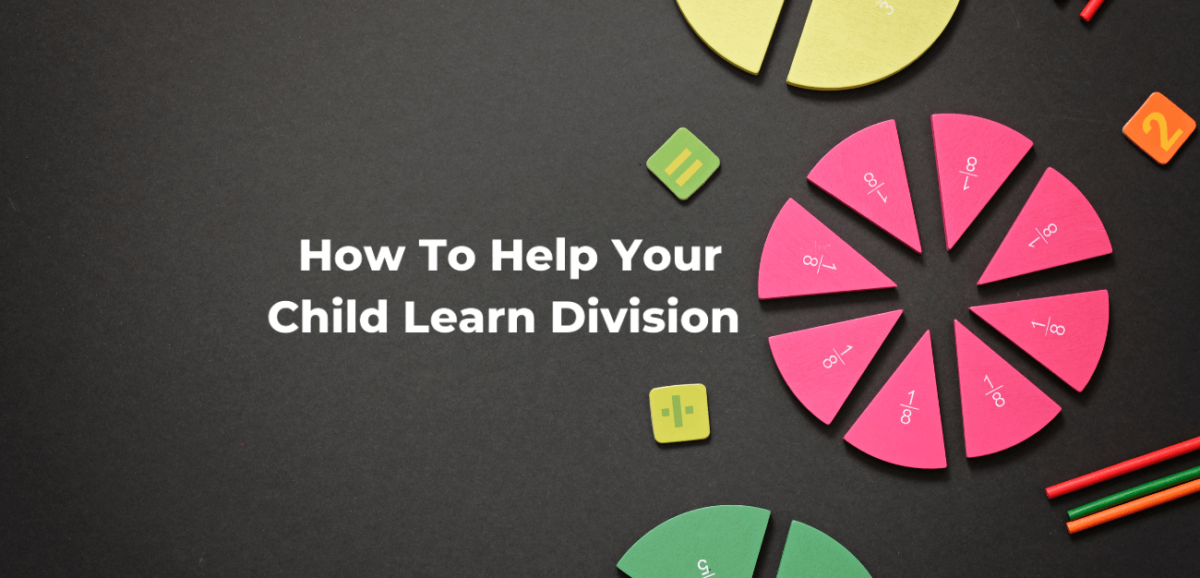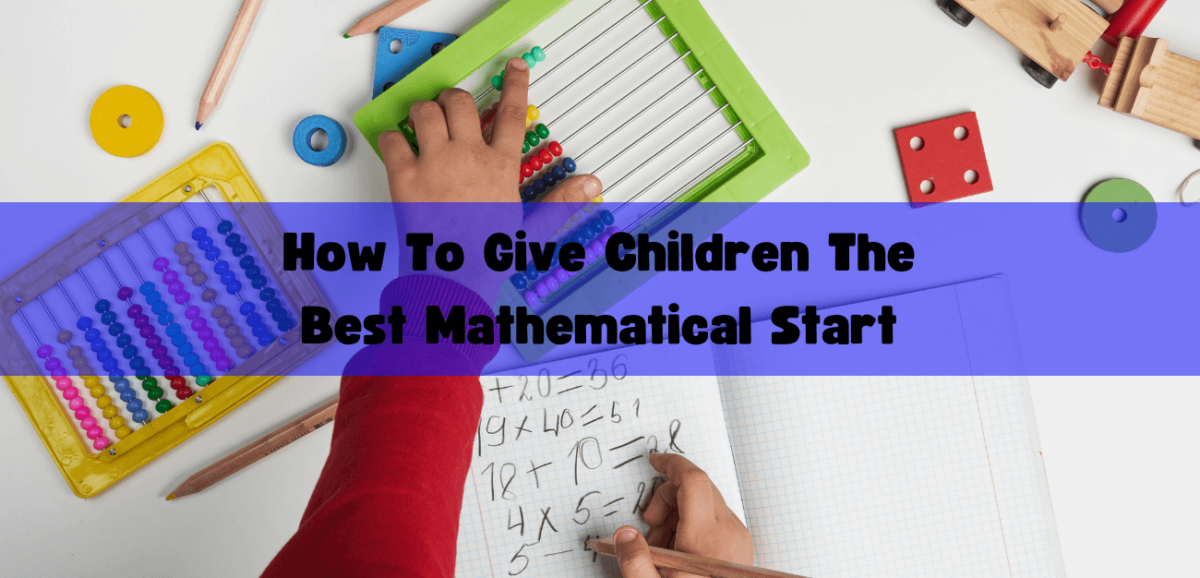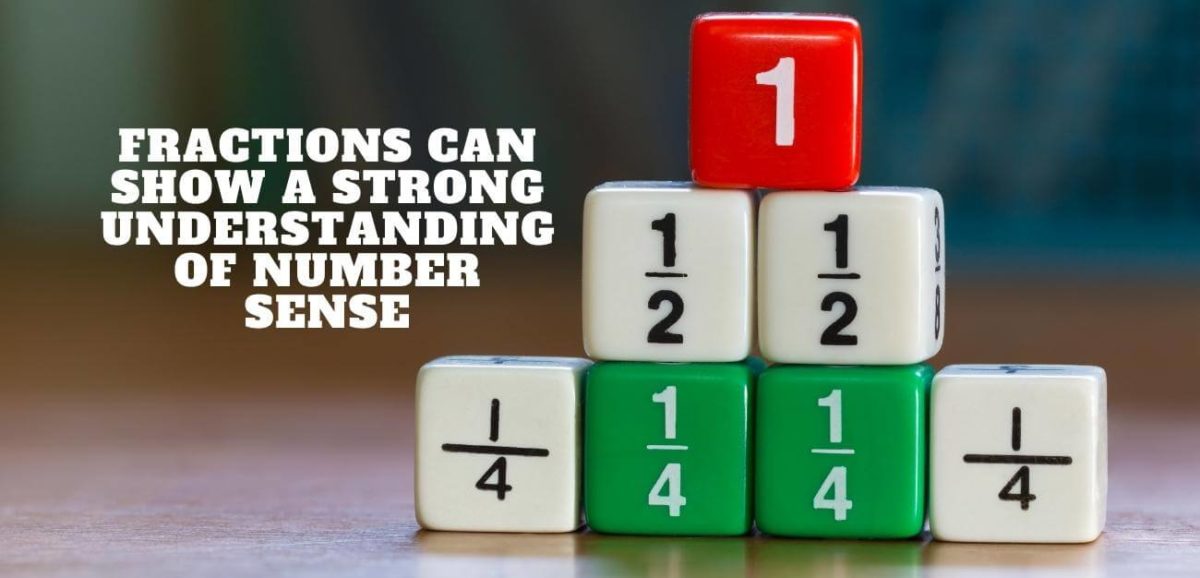If multiplication is the bee’s knees, then division must be the honey (or whatever else bees make!). So, whether your child is a young buckaroo learning to divide for the first time or an older kid who needs some extra practice with this arithmetic concept, this blog post will have you and your kiddo buzzing […]
How To Help Your Child Learn Division











